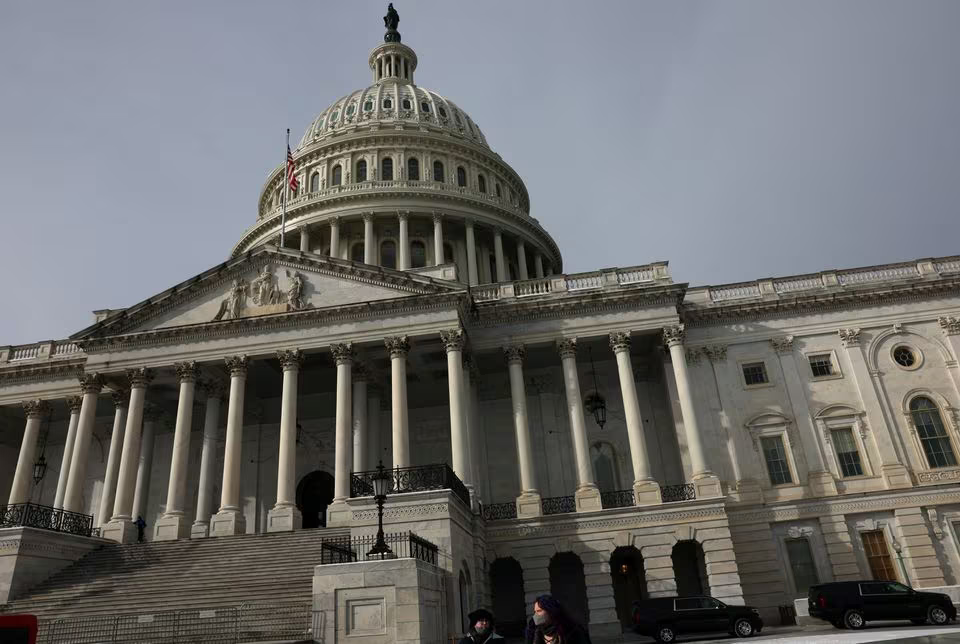Spending plan approved by the US Senate could lead to a government shutdown.

March 8, 2019 (Reuters) – Legislation to finance multiple federal agencies through September was approved by the U.S. Senate on Friday, but it remained uncertain if the chamber would be able to adopt it in time to prevent the partial government shutdown that was set to start at midnight.
Through September 30, the conclusion of the fiscal year, programs related to veterans, energy, housing, transportation, and agriculture would be funded by the $467.5 billion spending plan. Earlier this week, it passed the House of Representatives, which is controlled by Republicans, with ease.
By a bipartisan vote of 63 to 35, the bill cleared a procedural barrier.
Eventually, it is anticipated that the Senate will approve the bill and forward it to Democratic President Joe Biden for his signature.
However, it’s uncertain if lawmakers will make it before the deadline at midnight. A number of Republicans declared that they would not consent to a fast vote unless they were given the opportunity to vote on other issues, such as immigration.
In the event that Congress does not agree on a short-term budget extension to prevent disruption, it could push back a final vote until Saturday night and result in a partial shutdown.
“A shutdown is a possibility, which I don’t think anyone wants. Therefore, I figure that once people realize that the law probably won’t be changed, the vote will go faster,” Republican Senator John Cornyn stated.
The immediate impact of a closure starting on a weekend would be significantly smaller than that of a shutdown starting on a business day.
The law does not put a stop to all debates over government spending for this fiscal year, even if it is passed.
The last, much larger set of measures pertaining to annual spending for foreign operations, health care, financial services, homeland security, and the military are still up for consideration. Congress has until March 22nd to pass those.
It was anticipated that all of these laws would become law by October 1st, the beginning of the fiscal year 2024. Congress seldom meets that deadline, but this year’s discussion has been particularly disorganized.
Thus far, Congress has been required to approve four measures for temporary funding in order to maintain agency operations at the same level as the prior year.
Editing by Andy Sullivan, Scott Malone, Jonathan Oatis, and Diane Craft; reporting by Richard Cowan and Makini Brice








